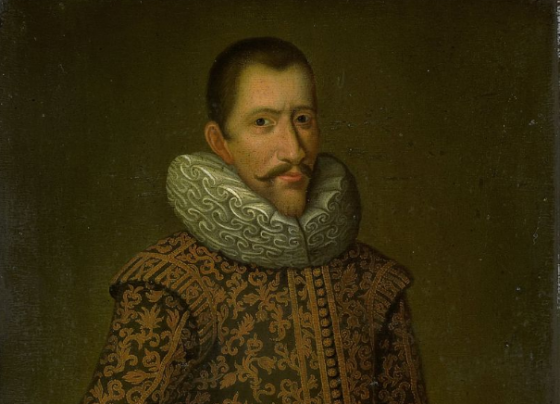Let’s learn from history, both good and bad


History’s saints as well as its villains carry lessons for the present, writes historian Tineke Bennema.
I could see where Urk city council was coming from when it decided to name some of the town’s new streets after discredited sea heroes such as Michiel de Ruyter and Jan Pieterszoon Coen. I believe Urk didn’t do this to stir up controversy but to show that the history of human beings is not a blank slate but a product of the past.
A people that denies its history loses its bearings and flounders like a drowning man in the ocean.
The discussion about whose view of the nation’s history is the right one focuses on whether values and actions of the past can be judged by modern society and, consequently, rejected or approved, particularly when the these values and actions refer to harm done to others.
First of all we need to ask if the past is something we can or want to learn from. You could say we do learn from the past whether we want to or not otherwise we would still be moving around on all fours. Such is evolution.
It could be argued that this is an unconscious development but it is undeniably true that man’s development as a race and as an individual has progressed through trial and error. Man didn’t just learn from his mistakes but from his successes as well. We learn by example. And what makes us human is that we are conscious of this.
Robbers and rogues
The Urk councillors have a point when they say that Dutch society is based on a successful seafaring tradition. It would be much too simple to classify Coen and De Ruyter as mere robbers and rogues. They did, after all, make this country prosperous and we are all still benefitting from this. It would be more useful to look at their actions. And then it becomes quite inevitable that the pedestals of these so-called national heroes are being shaken.
The council is also right when it says that modern critics of our past only bring up a rogue’s gallery of people who show us how not to do things. But fortunately history has also produced many inspiring people, even though paragons like Multatuli and William of Orange had their flaws as well.
Events
The current discussion seems to be focusing on persons. But events have influenced people as well. The February strike, for instance, at the commemoration of which former participant Max van der Stoel showed how the mechanism of exclusion, then and now, can be combatted.
Having an opinion on the past is different from wanting to dismiss it from a moral point of view. Learning does imply judging but if you don’t want to judge you can always choose to be inspired by figures of the past, whether they be Coen, Multatuli, Wilhelmina or even Drees or Fortuyn.
If we stop thinking and deny the good and the bad that is in our history we may as well burn the history books, close the Anne Frank museum and sell the national monument on Dam square to the Chinese. All these people, all these event are so many beacons in the sea. The entrenched discussion about our glorious and notorious past would be greatly helped by admitting that our history has produced examples that inspire as well as insights and actions that do not deserve to be emulated. We should know about both.
It’s not such a bad idea to develop not just a view of how things should not be done but one that shows how they should be done. Because that distinction is none too clear in the Netherlands.
This article was published earlier in the Volkskrant
Thank you for donating to DutchNews.nl.
We could not provide the Dutch News service, and keep it free of charge, without the generous support of our readers. Your donations allow us to report on issues you tell us matter, and provide you with a summary of the most important Dutch news each day.
Make a donation